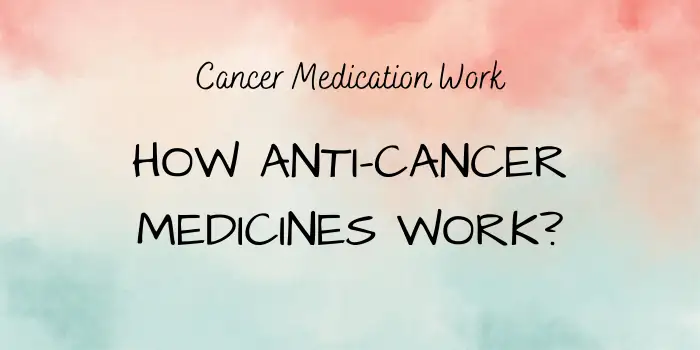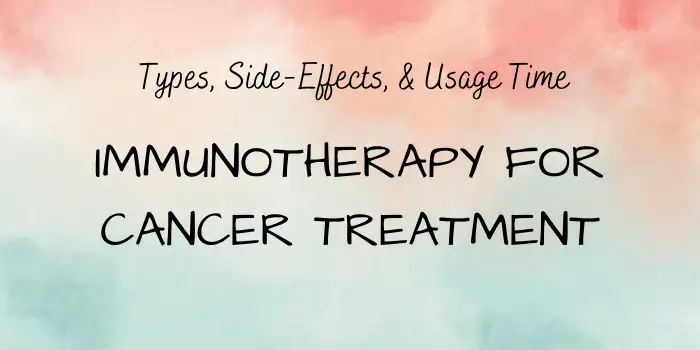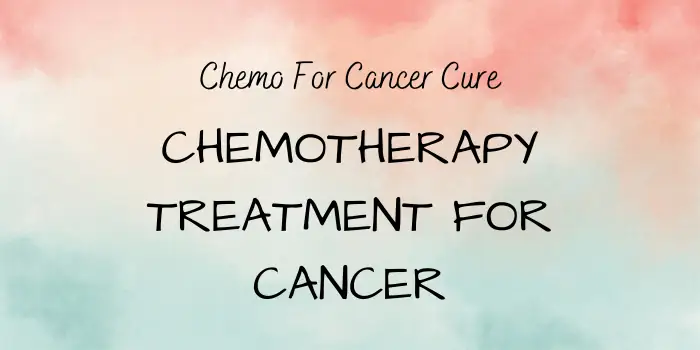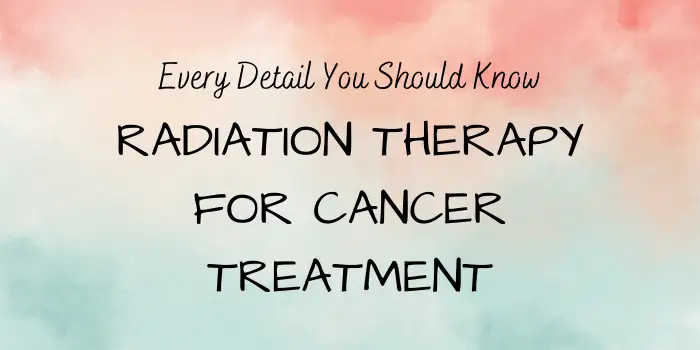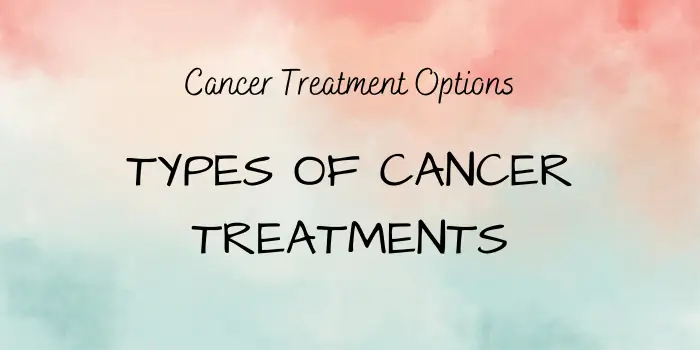Anti cancer medicines are among the most expensive drugs in the world. The high cost of cancer medicines is a major burden for patients and their families, and it can have a significant impact on their quality of life.
Some factors contribute to the high cost of cancer medicines, including the high cost of research and development, the length of time it takes to bring a new cancer medicine to market, and the exclusivity granted to drug companies.
The High Cost of Research and Development
The cost of research and development (R&D) for cancer medicines is very high. This is because cancer is a complex disease, and it can be difficult to develop effective treatments.
In addition, cancer medicines often undergo extensive clinical trials to ensure that they are safe and effective.
The Length of Time It Takes to Bring a New Cancer Medicine to Market
It can take many years to bring a new cancer medicine to market. This is because cancer medicines must undergo extensive clinical trials to ensure that they are safe and effective. In addition, the regulatory process for approving new drugs can be lengthy.
The Exclusivity Granted to Drug Companies
Drug companies are granted exclusivity for new cancer medicines. This means that they are the only companies that can sell the drug for a certain period of time. This exclusivity allows drug companies to recoup the high cost of R&D and marketing.
Other Factors That Contribute to the High Cost of Cancer Medicines
- The cost of manufacturing cancer medicines
- The cost of marketing cancer medicines
- The cost of distribution cancer medicines
Impact of the High Cost of Cancer Medicines
The high cost of cancer medicines can have a significant impact on patients and their families. This is because patients may have to pay a large portion of the cost of their cancer medicines, even if they have health insurance.
In addition, the high cost of cancer medicines can lead to financial hardship for patients and their families.
What Can Be Done to Reduce the Cost of Cancer Medicines?
Several things can be done to reduce the cost of cancer medicines. These include:
- Increasing competition in the pharmaceutical industry
- Negotiating lower prices with drug companies
- Expanding access to generic cancer medicines
- Increasing government funding for cancer research
- Providing financial assistance to patients who cannot afford cancer medicines
What Are the Different Types of Cancer Medicines?
Cancer medicines, also known as anti-cancer drugs, are powerful medications used to treat cancer. They work by killing cancer cells or preventing them from growing.
There are many different types of cancer medicines, each with a unique mechanism of action and targeting specific aspects of cancer cells. Some of the main types of cancer medicines include:
Which Cancer Is Most Expensive to Treat?
The cost of cancer treatment varies depending on the type of cancer, the stage of the cancer, and the treatment plan. However, in general, cancer medicines are among the most expensive drugs in the world.
According to a study published in the journal JAMA Oncology, the average cost of cancer treatment in the United States is $183,174 per year. The study found that the cost of treatment varied widely
depending on the type of cancer, with lung cancer being the most expensive to treat at $350,191 per year. Other cancers with high treatment costs include melanoma ($299,297 per year), leukemia ($287,672 per year), and brain cancer ($275,706 per year).
What Is the Most Expensive Drug for Cancer?
The most expensive drug for cancer is Danyelza (naxifermin), which is used to treat a certain type of childhood cancer called neuroblastoma. The average wholesale price of Danyelza is $1,010,000 per vial.
A patient may need to receive multiple vials of Danyelza per year, which can make the total cost of treatment very high.
Danyelza is a monoclonal antibody, which is a type of drug that targets and binds to specific molecules in cancer cells. In the case of Danyelza, it targets a molecule called GD2 that is found on the surface of neuroblastoma cells.
Once Danyela binds to GD2, it can trigger the immune system to attack and kill the cancer cells.
What Is The Price of Cancer Medicine?
In general, cancer medicines are among the most expensive drugs in the world, with some costing hundreds of thousands of dollars or even more per year.
This high cost is due to many factors, including the high cost of research and development for new cancer medicines, the length of time it takes to bring a new drug to market, and the exclusivity granted to pharmaceutical companies.
As a result, the high cost of cancer medicine can be a significant financial burden for patients and their families.
Here are some examples of the average annual cost of cancer medicine for different types of cancer:
- Lung cancer: $350,191
- Melanoma: $299,297
- Leukemia: $287,672
- Brain cancer: $275,706
- Head and neck cancer: $268,716
- Multiple myeloma: $264,383
- Non-Hodgkin’s lymphoma: $258,093
- Kidney cancer: $257,305
- Pancreatic cancer: $247,295
- Esophageal cancer: $246,001
Is Cancer Treatment Cheap in India?
Cancer treatment in India can be relatively affordable compared to developed countries, but it remains a significant financial burden for many patients.
The cost varies depending on the specific type of cancer, the stage of the cancer, the treatment plan, and the patient’s location and access to healthcare facilities.
Government-funded hospitals and charitable institutions often provide cancer treatment at subsidized rates, making it more accessible to low-income patients.
However, these facilities may face constraints in terms of resources and availability of specialized care.
Private hospitals and cancer centers offer more comprehensive treatment options, but their charges can be significantly higher.
The cost of chemotherapy, radiotherapy, immunotherapy, and targeted therapies can range from tens of thousands to lakhs of rupees per course of treatment.
Is Cancer Medicine Free in India?
Yes, certain types of anti-cancer medicines are available for free under various government-sponsored schemes in India. These schemes aim to provide financial assistance to patients from low-income households who cannot afford the high cost of cancer treatment.
Rashtriya Arogya Nidhi (RAN)
RAN, also known as the National Health Agency, provides free treatment for a wide range of diseases, including cancer, to patients below the poverty line (BPL). Patients can apply for the scheme through designated government hospitals or online portals.
State Illness Assistance Fund (SIAF)
Each state in India has its own SIAF, which provides financial assistance to patients from non-BPL families who are unable to bear the cost of cancer treatment. The eligibility criteria and application process vary from state to state.
Central Government Health Scheme (CGHS)
CGHS provides comprehensive healthcare coverage, including cancer treatment, to government employees and their dependents. Beneficiaries can avail of cashless treatment at empaneled hospitals.
Armed Forces Medical Services (AFMS)
AFMS provides free medical care to serving and retired military personnel and their families, including cancer treatment. Treatment is available at military hospitals across the country.
Charitable Institutions and Non-Governmental Organizations (NGOs)
Several charitable institutions and NGOs offer free or subsidized cancer treatment to patients in need. These organizations often rely on donations and fundraising efforts to support their services.
Why Is Cancer Treatment So Expensive In India?
There are some reasons why cancer treatment is so expensive in India. These include:
- High cost of drugs: Cancer drugs are expensive to develop and produce, and this cost is passed on to patients. In India, the cost of cancer drugs is often higher than in other countries due to several factors, including high import duties and a lack of competition among pharmaceutical companies.
- Lack of insurance coverage: Many Indians do not have health insurance coverage, which can make it difficult to afford cancer treatment. Even for those who do have insurance, coverage for cancer treatment may be limited.
- High cost of hospitalization: Hospitalization costs for cancer treatment can be high in India, especially for private hospitals. This is due to several factors, including the high cost of medical equipment and supplies, as well as the high salaries of doctors and other healthcare workers.
- High cost of transportation: Cancer patients often need to travel long distances to receive treatment, which can add to the cost of care.
- High cost of living: The cost of living in India is high, which can make it difficult for cancer patients and their families to afford other expenses, such as food and accommodation.
How Can I Afford Cancer Medicine?
There are several resources available to help patients afford cancer medicine. These include:
- Patient assistance programs
- Insurance coverage
- Government programs
- Charity organizations
What Are The Hidden Costs Of Cancer Treatment?
In addition to the direct costs of cancer treatment, there are a number of hidden costs that patients and their families may face. These include:
- Loss of income: Cancer patients may need to take time off work to receive treatment, which can lead to loss of income.
- Cost of caregivers: Some cancer patients may need to hire caregivers to help them with daily tasks, which can be expensive.
- Cost of medications: Cancer patients may need to take medications to manage side effects of treatment, such as pain and nausea. These medications can be expensive, especially if they are not covered by insurance.
- Cost of alternative therapies: Some cancer patients may choose to pursue alternative therapies, such as acupuncture or herbal supplements. These therapies can be expensive and may not be covered by insurance.
How Much Does Stage 4 Cancer Treatment Cost?
The cost of Stage 4 cancer treatment varies depending on the type of cancer, the stage of cancer, and the treatment plan. However, it is generally estimated to be more expensive than treatment for earlier stages of cancer.
One study found that the average cost of Stage 4 cancer treatment in India is around ₹10 lakhs (approximately US$12,500). However, the cost can range from as low as ₹1 lakh (approximately US$1,250) to as high as ₹50 lakhs (approximately US$62,500) or more.
It is important to note that these are just estimates. The actual cost of treatment will vary depending on the individual patient’s circumstances.
What Can I Do to Advocate for Lower Cost Cancer Medicines?
There are several ways to advocate for lower-cost cancer medicines. These include:
- Contacting your elected officials
- Supporting organizations that are working to lower the cost of cancer medicines
- Raising awareness about the issue
Conclusion
The high cost of cancer medicines is a major problem for patients and their families. However, several things can be done to reduce the cost of cancer medicines. By working together, we can make cancer medicines more affordable for everyone.
Source 1: https://www.ncbi.nlm.nih.gov/pmc/articles/PMC3538397/
Source 2: https://news.cancerresearchuk.org/2016/08/10/health-economics-the-cancer-drugs-cost-conundrum/


